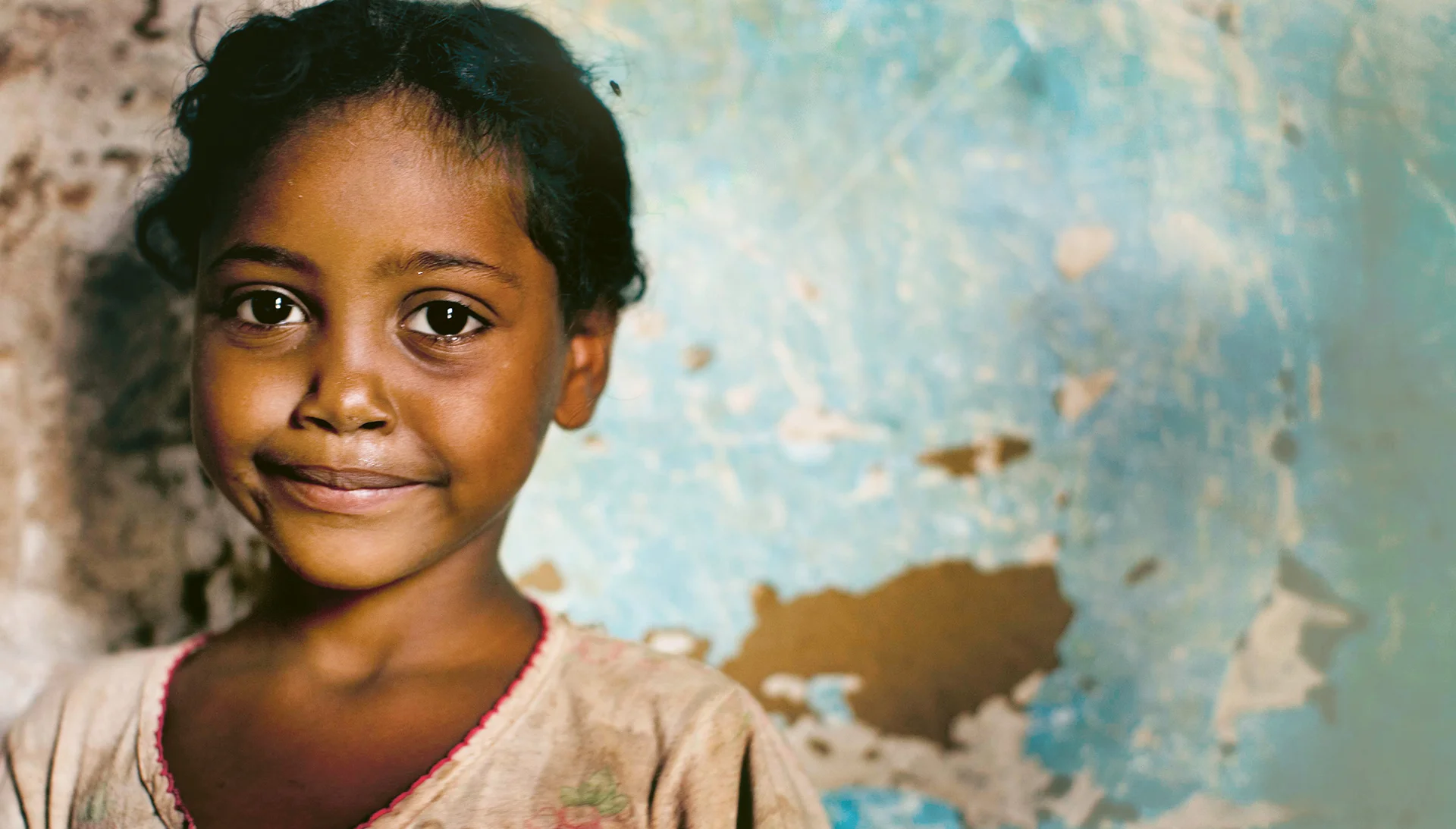Mit Ihrer Projektpatenschaft unterstützen Sie den Kampf gegen Mädchenbeschneidung. Ihre regelmässige Spende schützt Mädchen und verbessert ihr Leben spürbar.
Herzlichen Dank.
Gemeinsam mit UNICEF schützen Sie Mädchen vor einer Beschneidung.
Diese Massnahmen führen zum Wandel
Die Komplexität der Praxis erfordert einen umfassenden Ansatz auf vielen Ebenen, wobei Programme zur Überwindung von sozialen Verhaltensnormen im Vordergrund stehen. In Zusammenarbeit mit Partnern setzt UNICEF in Guinea auf folgende Massnahmen:
- Informations- und Sensibilisierungskampagnen in Schulen und Medien
- Einbezug von religiösen Entscheidungsträgern, Dorfältesten und Bürgermeistern
- Ausbildung und Training von Gesundheitspersonal
- Aufklärung über die Kinderrechte
- Schulung des Personals des Strafjustizsystems zur verbesserten Strafverfolgung von Mädchenbeschneidungen
Wirksame Hilfe mit nur einem Franken pro Tag
UNICEF setzt sich mit Ihrer Hilfe erfolgreich im Kampf gegen weibliche Genitalverstümmelung ein. Ziel unserer Arbeit ist, durch sorgfältige Aufklärungsarbeit auf allen Ebenen ein Umdenken in der gesamten Bevölkerung zu erreichen.
- Unversehrte Mädchen sollen als vollwertig anerkannt werden,
- Beschneidung als Kinder- und Menschenrechtsverletzung wahrgenommen und
- gesetzliche Massnahmen ergriffen werden.
Als Projektpatin oder -pate ermöglichen Sie diese Arbeit. Sie erhalten zweimal jährlich einen Patenschaftsreport und eine Spendenbestätigung sowie Informationen zum Jahresbericht von UNICEF Schweiz und Liechtenstein.
